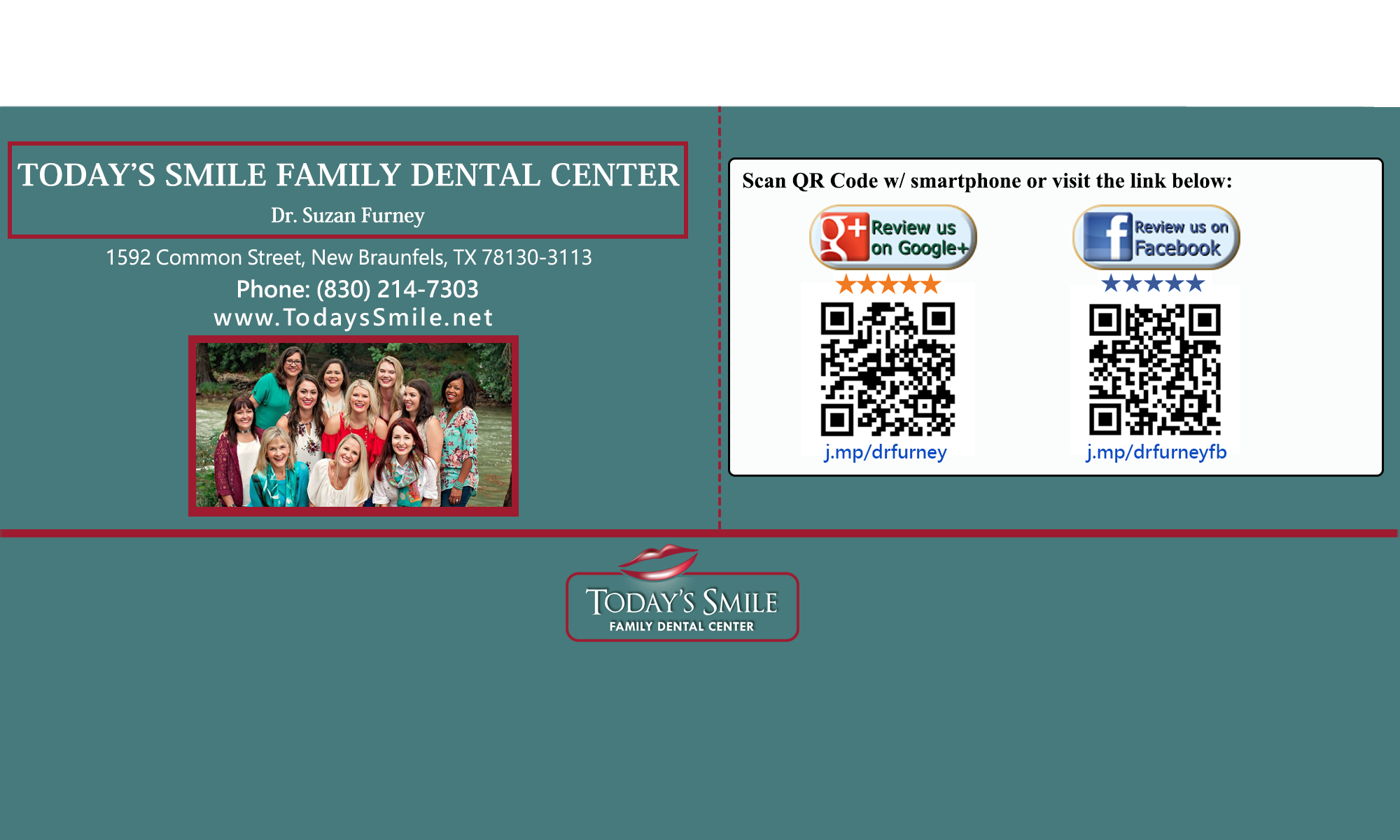If you sometimes find the taste of something hot or cold painful on your teeth, you may suffer from sensitive teeth.
Sensitive teeth is a common problem which may be caused by cavities and fractured teeth.
But it can also be caused by worn tooth enamel, a cracked tooth or an exposed tooth root.
Tooth enamel is the strongest substance in the body and it protects the crowns of healthy teeth. A layer called cementum protects the tooth root under the gum line.
The part underneath the enamel and the cementum is called dentin, which is less dense than enamel or cementum.
The dentin contains small hollow tubes or canals called tubules. When the dentin loses its protective covering, the tubules allow hot, cold, acidic or sticky foods to reach the nerves and cells inside the tooth.
This causes hypersensitivity and occasional discomfort but fortunately, the irritation does not cause permanent damage.
Following proper oral hygiene helps prevent the gums from receding and causing the pain of sensitive teeth.
Brushing your teeth incorrectly or even brushing too much can cause gum problems.
Your dentist will advise you on the best daily routint to maximize your oral hygiene.
